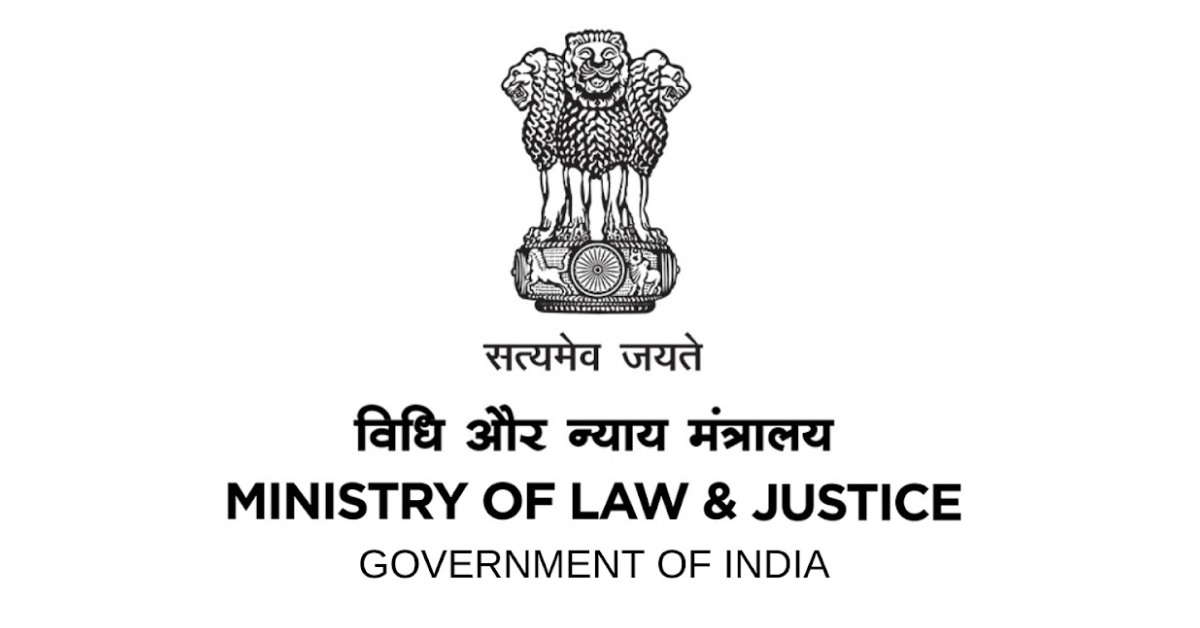A bench led by Chief Justice of India D.Y. Chandrachud, while hearing a commercial arbitration case, noted that certain provisions in the draft Bill might unnecessarily open the doors for increased court intervention, which runs counter to the foundational goals of arbitration.
“We are constrained to observe that the draft Bill, if enacted in its current form, would dilute the autonomy of the arbitral process,” remarked CJI Chandrachud during the proceedings.
“The whole purpose of arbitration is to reduce judicial interference. We need less litigation, not more, in commercial disputes.”
What the Bill Proposes
The Arbitration and Conciliation (Amendment) Bill, 2024 proposes several changes to the current framework, including:
Broadening the scope of judicial review at various stages of arbitration.
Changes to the process of appointment and challenge of arbitrators.
Modifications in enforcement of arbitral awards, potentially allowing courts more discretion.
Though the draft Bill has not yet been tabled in Parliament, it has already sparked concern among legal experts and industry stakeholders.
Concerns Voiced by the Judiciary
The apex court’s observations suggest that the Bill may threaten India’s status as an arbitration-friendly jurisdiction. The judges noted that the current draft weakens the finality and speed of arbitral awards, a critical feature that attracts foreign investors and companies to choose India as a dispute resolution hub.
Justice P.S. Narasimha, part of the bench, added:
“Judicial overreach in arbitration is antithetical to its global principles. The Bill, in some respects, walks us back instead of forward.” The Court’s call for intervention is significant, given that India has spent the last decade positioning itself as a global arbitration hub, especially with the establishment of institutions like the India International Arbitration Centre.
Call for Legislative Reconsideration
The court has formally urged the Ministry of Law and Justice to re-evaluate the draft Bill before pushing it forward for parliamentary debate. The expectation is that the Ministry will consult with legal and arbitration experts to address the judiciary’s reservations and preserve the autonomy of arbitration.
This judicial intervention sends a strong signal to policymakers: any reforms to arbitration law must reinforce speed, efficiency, and minimal judicial interference, not undermine them.
Legal experts and corporate counsel are now closely watching the Ministry’s next steps. If the Bill is revised to align with global standards, it could still bolster India’s arbitration ecosystem.
keywords: Arbitration and Conciliation Amendment Bill 2024, Supreme Court arbitration concerns, Law Ministry arbitration bill, Judicial interference in arbitration, Arbitration law reform India, Supreme Court arbitration news

